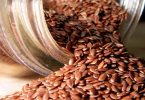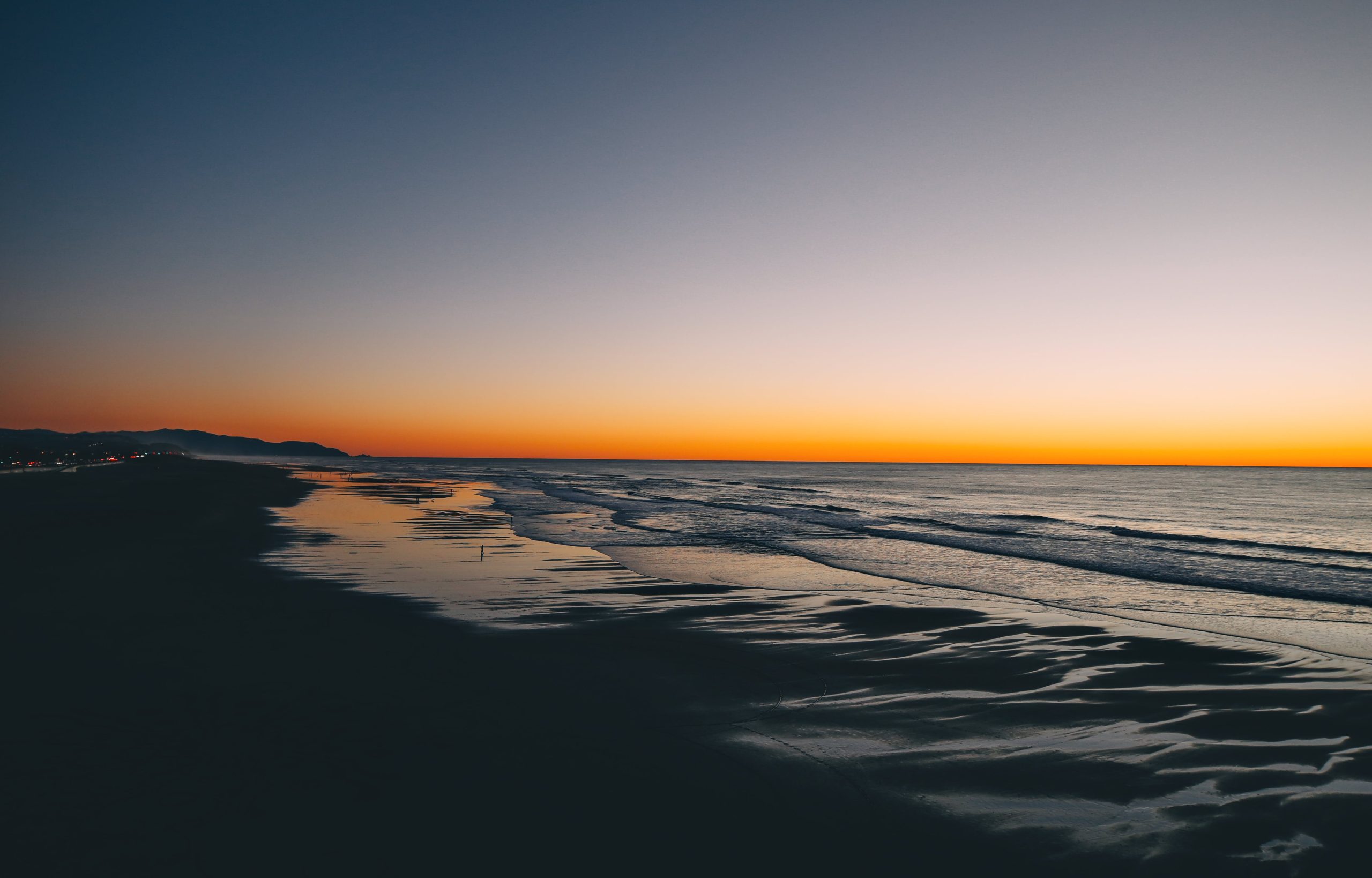Here’s how you sleep quicker, sleep deeper, and wake up feeling more energized.
[adinserter block=”1″]You are not alone if you struggle to get enough sleep.
I’ve had a variety of sleep problems for as long as I can remember. Perhaps you can relate? Your mind won’t stop racing at bedtime, it takes forever to fall asleep, and when you finally do, you wake up throughout the night or too early.
Perhaps you sleep too hot or too cold. You name it, I’ve fought it.
The issue is widespread. According to the American Sleep Association, about one-third of individuals do not obtain the required seven to eight hours of sleep each night. Furthermore, sleep quality is at an all-time low.
Sure, you can use drugs to change your brain chemistry and force your body to sleep, but this may become habit-forming and have serious consequences for brain function.
In the end, nothing beats the restorative properties of natural sleep.
I went on a search for solutions and wanted to share what I discovered. Here are some tried-and-true methods for restoring your sleep health:
Use a “Chill Pill”
Natural sleep and anxiety alleviation: As a chronic insomniac, this is the one item that has made a significant difference in my sleep health and anxiety. (Can I also add how much I like the name? Ha!)
The Chill Pill is a clever new portable gadget that employs scientifically proven electrical wave technology to help you relax your mind and body. The best aspect is that it is completely drug-free, so there are no side effects, and it is suitable for people of all ages.
Improve Your Pillowcase
Sleep cooler on silk: There’s nothing like sleeping on the cool side of your pillow. The trouble is that you turn your pillow over and over during the night in search of that pleasant sensation. Meanwhile, your pillow’s restlessness and friction are disrupting your sleep (not to mention your hair and skin).
Cooler sleep, better hair, cleaner skin, and fewer allergies are all established benefits of sleeping on a silk pillowcase. Silk is recommended by sleep specialists, hair stylists, and dermatologists, and you’ve certainly seen people gushing about it on social media by now.
No Caffeine After Noon
Rewire your brain to sleep better. Everyone enjoys a cup of coffee, but did you know caffeine may linger in your system for up to 12 hours? That’s a lot longer than most people believe. Caffeine stimulates your brain and neurological system, affecting your capacity to sleep, causing you to wake up more frequently, and shortening your “deep sleep” cycles.
Skip the afternoon coffee, tea, or soda, no matter how tempting it is (or go with decaf).
Alter Your Evening Drink
I used to unwind with a glass (or two) of wine at the end of the day until I discovered that alcohol might disrupt good sleep cycles. I didn’t understand how much better my sleep could be until I changed things up.
Som Sleep employs a science-backed mix of active components found naturally in your body, a balanced diet, and green tea to assist you in falling asleep quickly and sleeping well throughout the night. Som Sleep is supported by an advisory group comprised of sleep specialists, nutritionists, dieticians, physical therapists, and world-class personal trainers for over 60 NBA, NFL, and MLB clubs.
Exercise for 20 minutes per day.
Increased physical activity promotes deeper sleep—According to doctors and sleep experts, increasing your physical activity is a fantastic strategy to increase deep, restorative sleep.
It doesn’t have to be something extravagant; merely going for a stroll may have a major impact.
However, avoid exercising too close to bedtime because it might stimulate your body and make it difficult to fall asleep. Try to complete any workout at least two hours before going to bed so you can relax.
Spend More Time Outside.
Sunlight aids your sleep/wake cycle: Sunlight aids in the establishment and maintenance of your natural circadian rhythm (sleep/wake cycle). It also improves energy levels and mood, which is a pleasant bonus.
After you wake up, go outdoors or open your curtains. Exposure to natural light can help your body and mind wake up and prepare for the day. If you’re confined indoors, try to get as much natural light in as you can during the day.
Make use of a metronome or a light.
Sleep faster by 2.5 times —”Busy” has become the new normal, and with all that we all have going on in our lives, it might be difficult to shut off your thoughts at night.
This is when a metronome light like Dodow might come in handy.
Skip the Screen Time.
Studies reveal that blue light exposure from digital devices greatly inhibits your brain’s natural generation of melatonin, which has a direct impact on your sleep.
Before going to bed, avoid using your phone, tablet, computer, or watching TV. I know it’s difficult not to browse through your feed or check your email one more time before bed, but you’ll be grateful in the morning.
Keep Your Bedroom Cool.
The sweet spot is 60–67 °C. Studies have found that the perfect temperature for having a good night’s sleep is lower than you may imagine. Keep your bedroom temperature between 60 and 67 degrees Fahrenheit (16 and 19 degrees Celsius) for the best sleep.
Don’t Take Long Daytime Naps
Power naps, not hour-long snoozes—While brief power naps are good, extended or inconsistent daytime naps might disrupt your sleep. Stop napping or limit your naps to 30 minutes or less if you have difficulty sleeping at night.



Leave a Comment